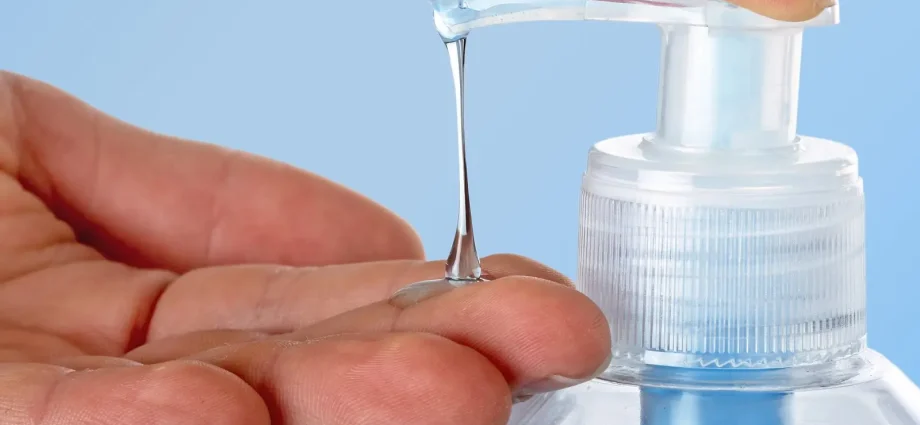Not only the lack of hygiene, but also improper and excessive hygiene can lead to the development of infections.
Among the most important mistakes made by women in intimate hygiene, specialists mention: the use of vaginal irrigation (rinsing), the use of vaginal cleansers, the use of bactericides and the use of soaps that change the pH of the vaginal environment, instead of preparations intended for intimate hygiene.
According to the gynecologist and obstetrician, Dr. Grzegorz Południewski, intimate infections – bacterial, fungal, and most often mixed – are a problem of approximately 40-50 percent. patients reporting to the gynecologist.
The most important risk factor for these ailments is sexual activity. “This is because during intercourse with a partner, we exchange the bacterial flora, but then also the acidification of the vaginal environment changes and microtraumas occur” – explains the specialist. As she adds, intimate infections are also favored by immunity disorders, as well as all factors influencing changes in the composition of the natural bacterial flora, which is a barrier to pathogenic microorganisms. These are i.a. antibiotic therapy or regular going to the swimming pool. As Dr. Południewski explains, the water in the pool has bactericidal properties due to the chlorine content, and this contributes to the destruction of the natural bacterial flora in the vagina.
Improper hygiene practices or excessive hygiene can also lead to an imbalance in the natural composition of the vaginal microflora – argues the gynecologist. The biggest mistake made by ladies is vaginal irrigation and the use of vaginal cleansing agents – even if they are preparations intended for intimate hygiene. “Frequent vaginal irrigations, eg during menstruation, flush out the normal bacterial flora and create conditions for the development of pathogenic flora” – explains the specialist. The same happens when women use vaginal products intended for the external hygiene of intimate parts.
Dr. Południewski points out that a lot of damage is caused by the use of vaginal fluids with bactericidal substances, which do not protect us against pathogenic microorganisms, but on the contrary – by destroying the normal vaginal flora, which is based on bacteria of the Lactobacillus type (lactobacilli), put us at risk. against pathogen infections.
According to the psychologist and sexologist Izabela Jąderek, excessive hygiene is often associated with the fact that women perceive the natural smell of intimate places as something abnormal. This, in turn, negatively affects their sense of attractiveness.
The psychologist reminds that – as the research confirms – women who find the smell of their intimate places unattractive are more prone to risky sexual behavior and have difficulties in maintaining intimate relationships because they are afraid that their partner will abandon them anyway. “That is why it is easier for them to engage in random sexual behavior that will satisfy the need for closeness and affection only for a moment, than to remain in a long-term relationship, risking the partner leaving,” explains Jąderek.
The specialist points out that the cause of the unpleasant smell of intimate parts may be an infection, but women are not always aware that they should be treated.
Dr. Południewski argues that as part of the prevention of intimate infections, soaps that change the acidic pH of the vagina to a more alkaline one should not be used. It is better to use preparations for intimate hygiene, which include thanks to the presence of lactic acid and lactobionic acid, they maintain a low pH in the vagina, i.e. the acidic reaction needed for the proper functioning of lactobacilli. They also contain ingredients that alleviate irritation and moisturize (such as hyaluronic acid, panthenol, allantoin), agents that alleviate itching and neutralize unpleasant odors, as well as a natural prebiotic (inulin) that stimulates the growth of lactobacilli, thanks to which they multiply faster and better inhibit the growth of organisms. pathogenic.
“In addition, it is important to restore the correct bacterial flora” – emphasizes Dr. Południewski. It goes, among others o situations such as the use of antibiotics or the regular use of the swimming pool. “It is worthwhile for women who regularly go to the swimming pool to use prophylactic preparations containing lactobacilli” – advises Dr. Południewski. By rebuilding the natural protective barrier, you can reduce the risk of intimate infections, argues the doctor.










